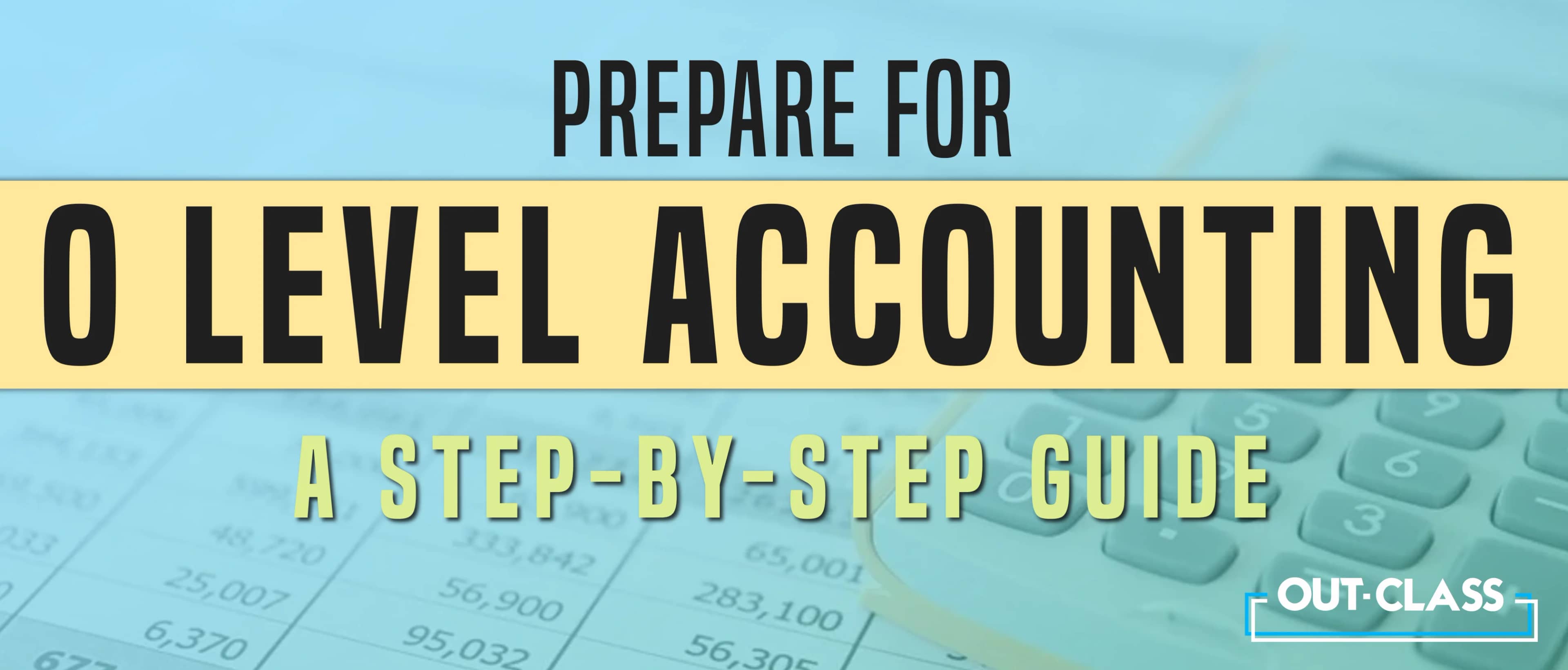Embarking on the O Level Accounting journey requires a solid grasp of fundamental concepts, including the cornerstone of financial understanding — the accounting equation. Let's navigate the essential aspects of O Level Accounting and unravel the keys to academic excellence.
Deciphering the Core: The Accounting Equation
At the heart of O Level Accounting lies the accounting equation, a fundamental principle that governs all financial transactions. The equation is simple yet powerful, expressing the relationship between a company's assets, liabilities, and equity:
Assets = Liabilities + Equity
This equation forms the basis for understanding how a company's resources are financed and distributed. Assets encompass everything a company owns, liabilities represent its obligations, and equity signifies the owner's stake in the business. Mastery of the accounting equation is crucial for unravelling complex financial scenarios.
Navigating O Level Accounting Topics
The O Level Accounting syllabus covers various topics crucial for financial literacy. O Level students delve into income and expenditure, unravel balance sheets, and explore financial reporting. Topics such as depreciation, cash flow, and financial ratios are integral components that equip students with the knowledge to analyze and interpret financial statements effectively.
Key O Level Accounting Topics
Some key O Level Accounting topics include:
Understanding Basic Accounting Principles
Beyond the accounting equation, O Level Accounting introduces students to basic accounting principles that underpin financial practices. These principles guide the recording and reporting of financial transactions, ensuring accuracy and consistency in financial statements.
Basic Accounting Principles
Some basic accounting principles include:
-
Revenue Recognition: Recognizing earned revenue.
-
Matching Principle: Matching expenses with generated revenue.
-
Consistency: Applying the same accounting methods consistently.
-
Materiality: Focusing on significant transactions that impact decision-making.
Strategies to achieve A* in O Level Accounting:
To secure the coveted A*, O Level students must focus on mastering the accounting equation, practicing with O Level Accounts past papers, and understanding key topics outlined in the syllabus. With strategic study approaches and practical application through past papers, students ensure academic success and build a strong foundation for future endeavours in the financial world.
In conclusion, the journey through the Accounting O Level involves digging into the accounting equation, mastering key topics outlined in the syllabus, and understanding the basic accounting principles that guide financial practices.
FAQs:
Q. What is the accounting equation in O Level Accounting?
The accounting equation in O Level Accounting is: Assets = Liabilities + Equity. It expresses the relationship between a company's assets, liabilities, and equity.
Q. What are the key topics covered in O Level Accounting?
Key topics in O Level Accounting include income and expenditure, balance sheets, depreciation, cash flow, and financial ratios.
Q. How can O Level students prepare for Accounting exams?
O Level students can prepare for Accounting exams by understanding the accounting equation, practicing with past papers, mastering key topics, and applying basic accounting principles. Regular practice and strategic study approaches are essential for success.



